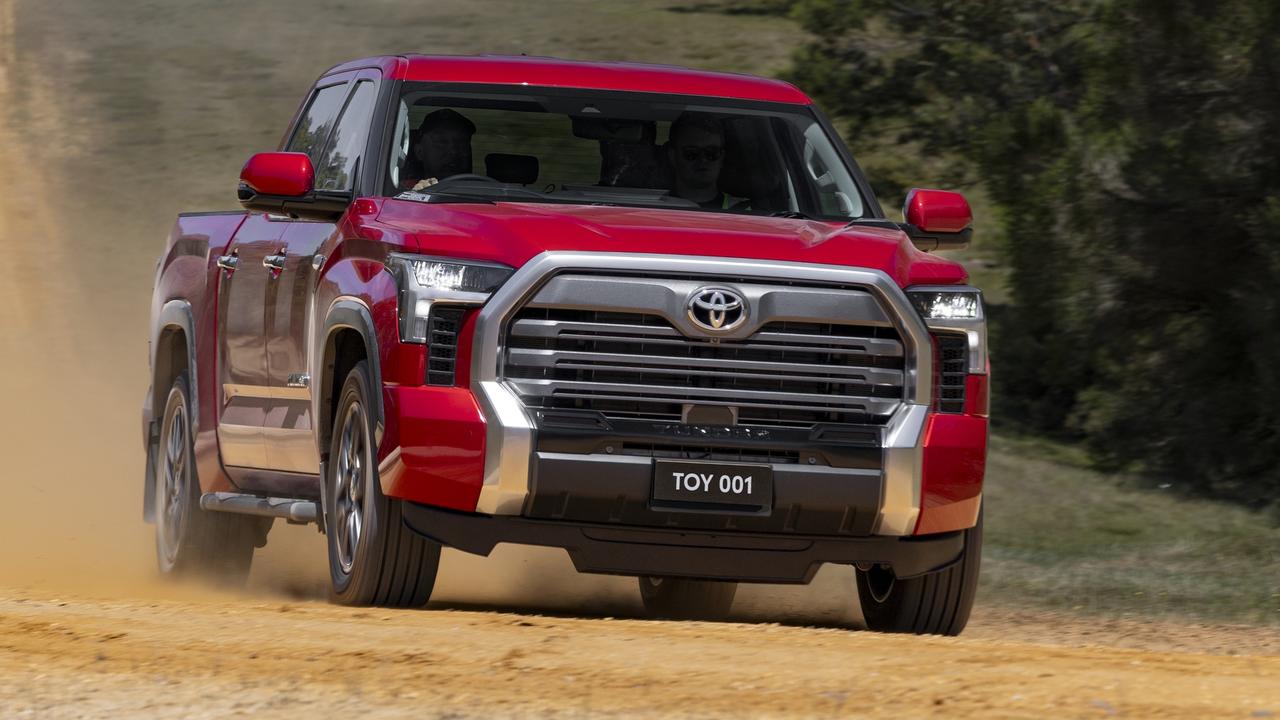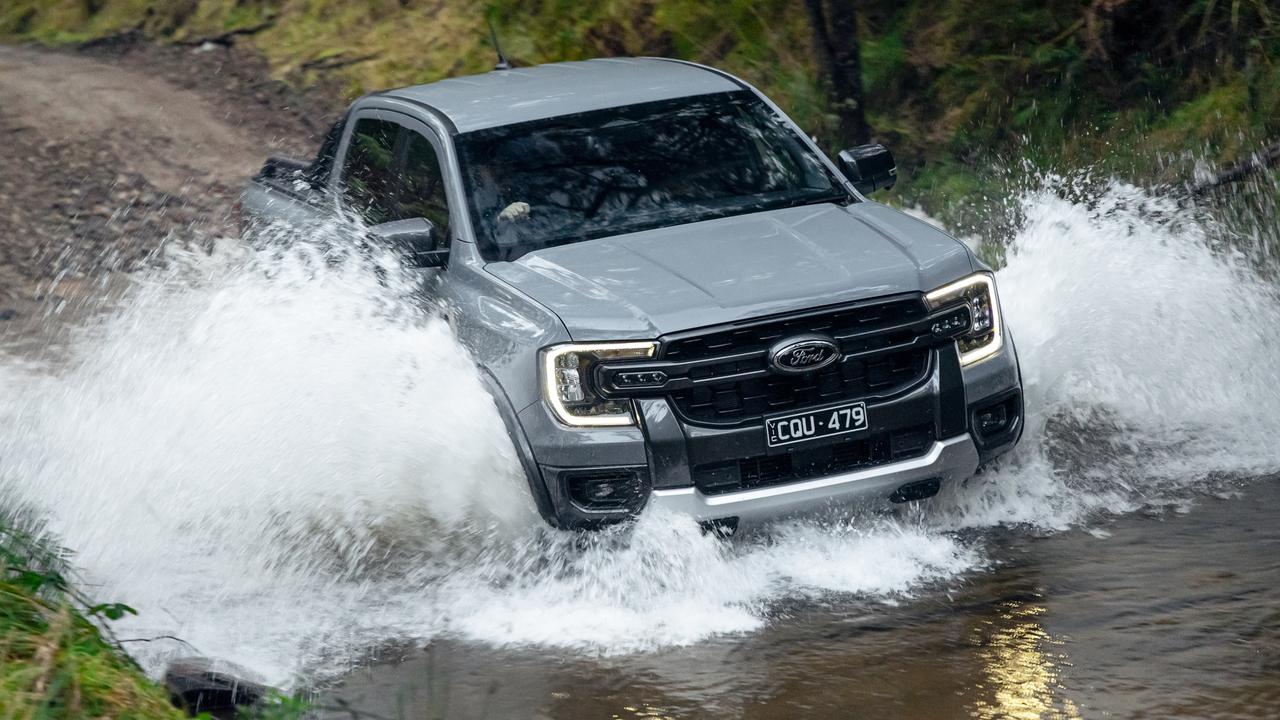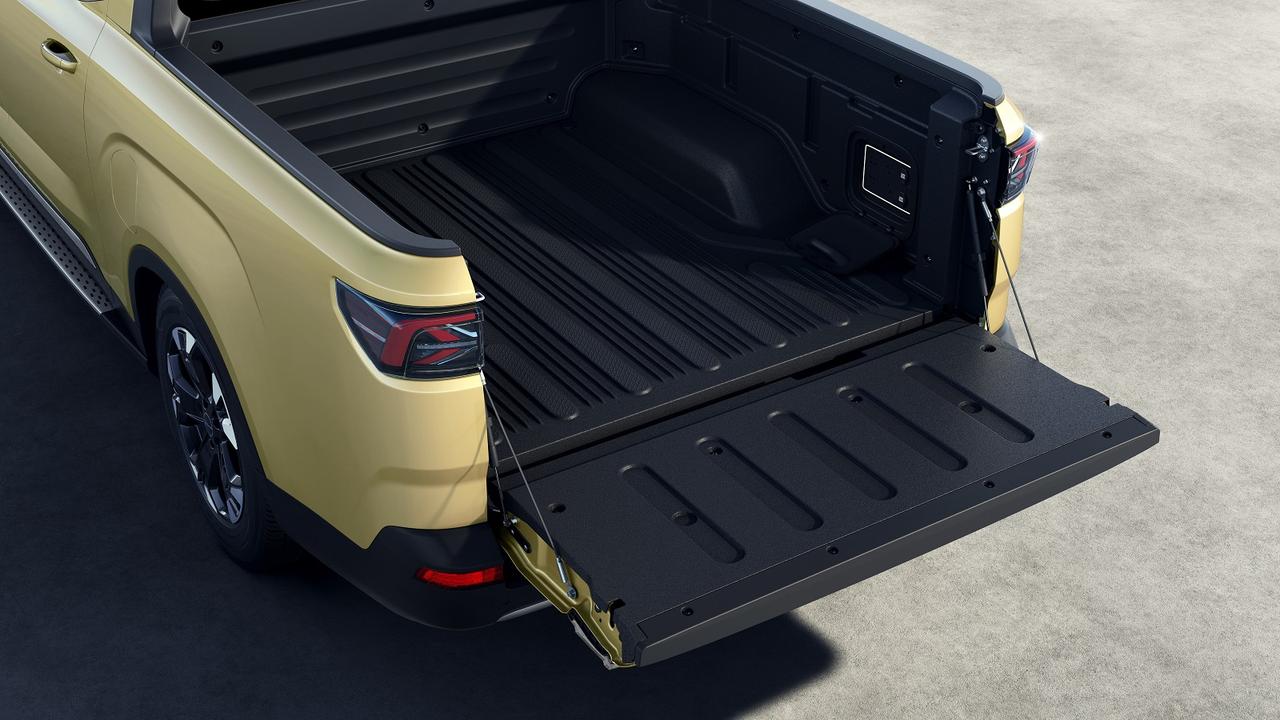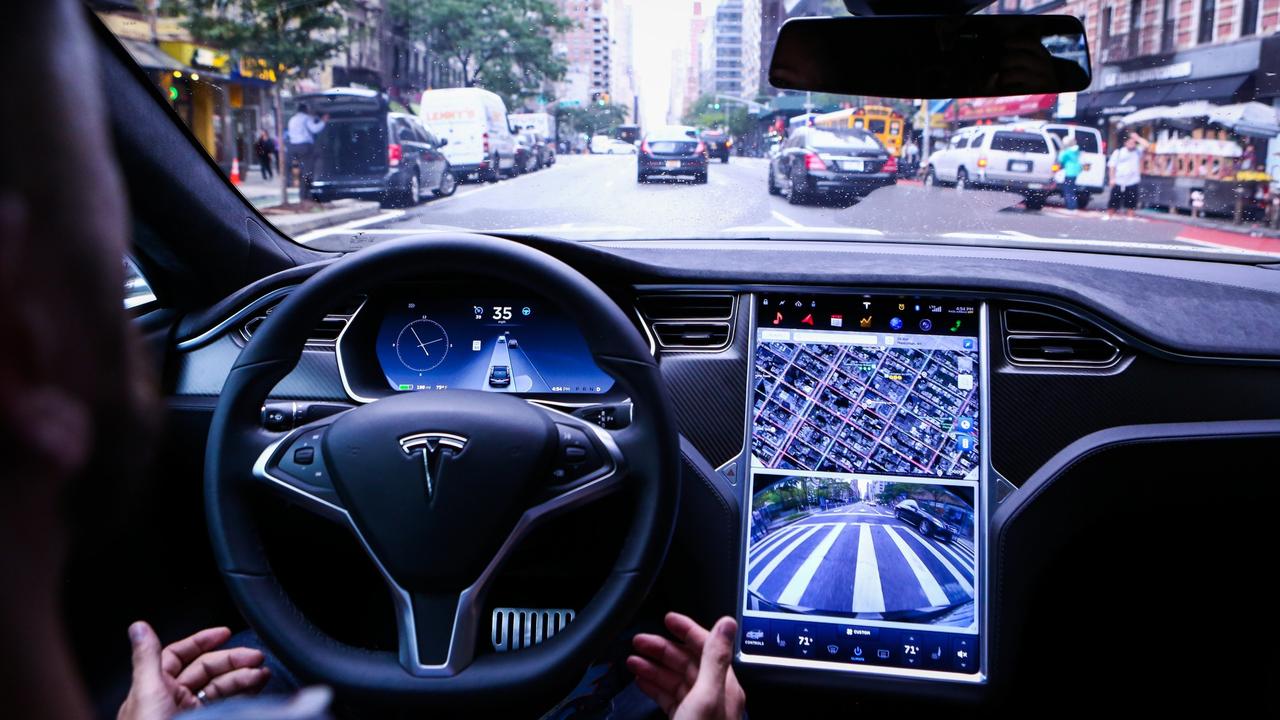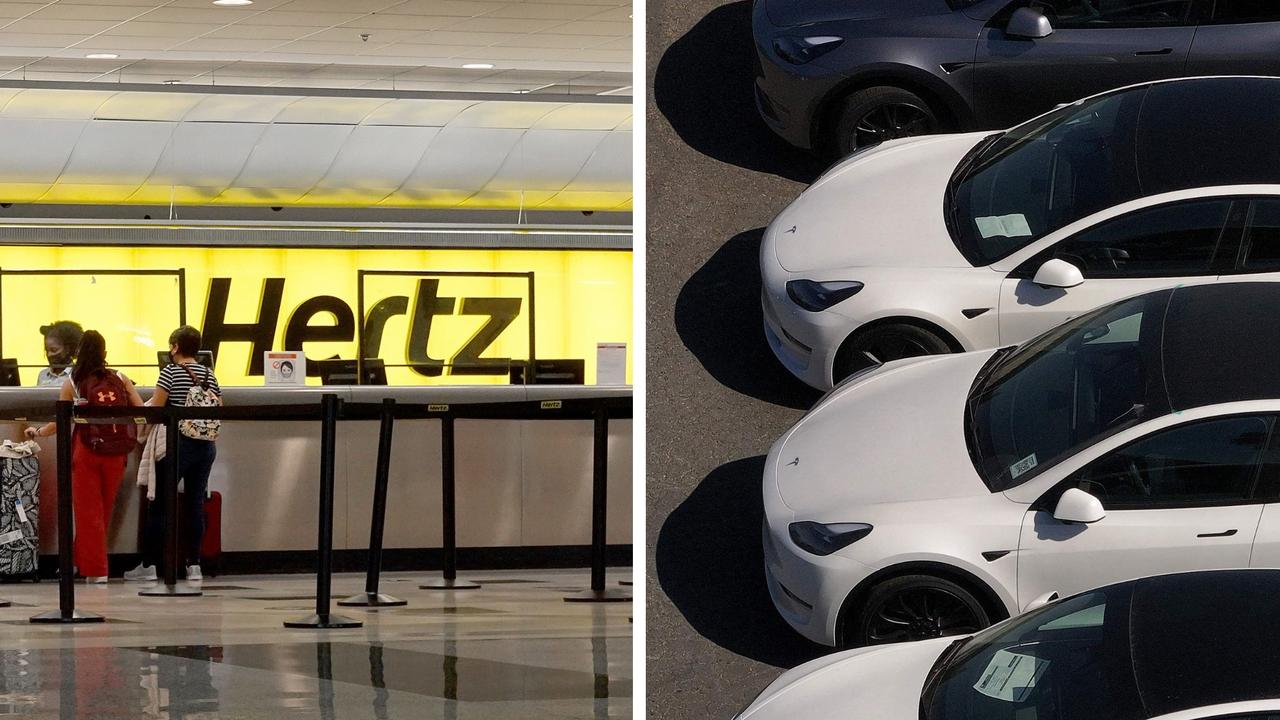Comment: Aussie drivers aren’t as good as they think they are
A proposal suggesting drivers take on mandatory driving lessons triggered a nerve with Aussie motorists. But it’s true.
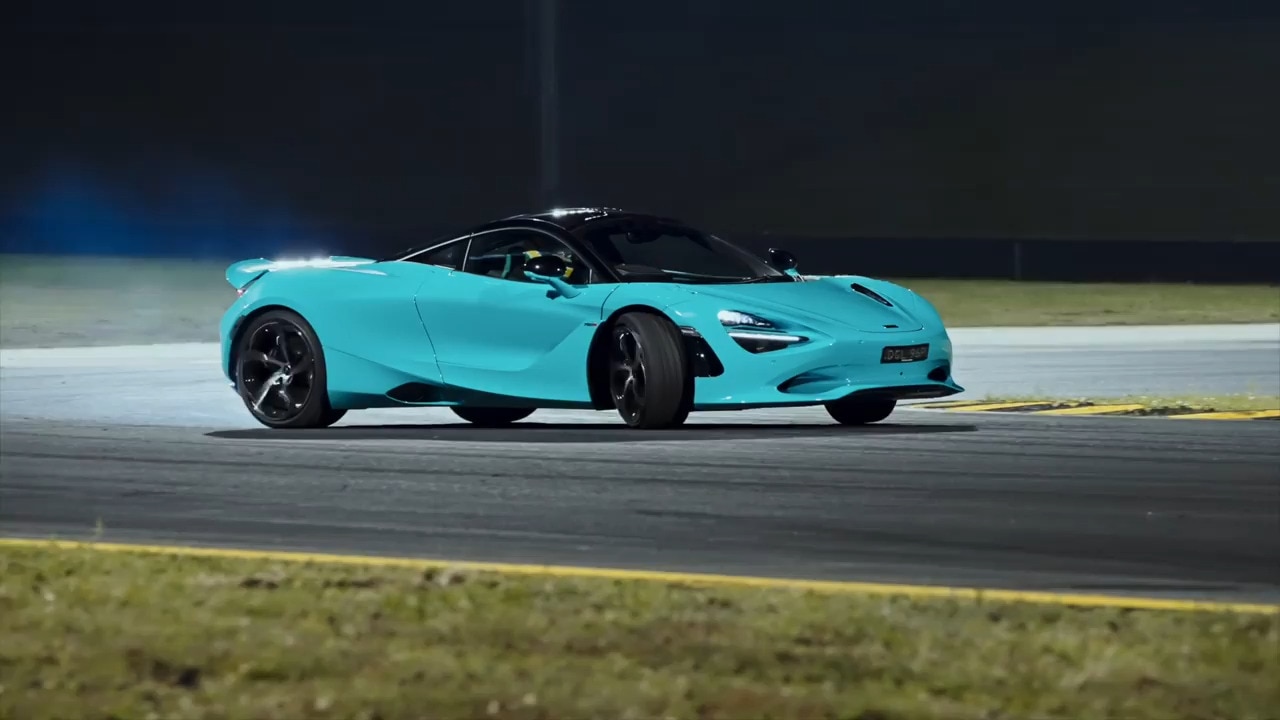
Motoring News
Don't miss out on the headlines from Motoring News. Followed categories will be added to My News.
COMMENT: A recent story suggesting Aussie drivers over 50 should be retested provoked a fair amount of controversy, attracting well more than 10,000 comments across our websites and social media.
Few thought it was a good idea.
Fewer still put their hand up to say they would welcome it for themselves.
It hit a nerve because plenty of people believe they are better than average drivers.
Statistically, many are wrong.
There are myriad studies that show people over-estimate their ability behind the wheel.
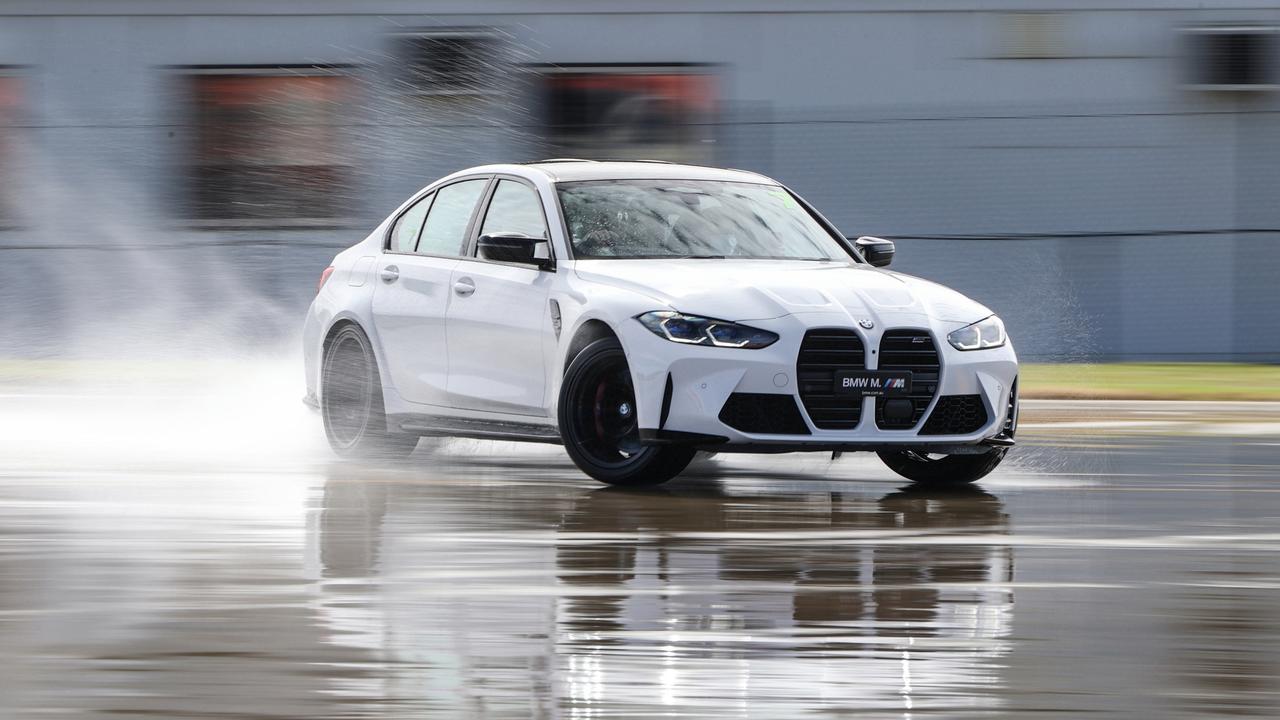
MORE: Driving the Australia’s quickest car
A Swedish survey from 1981 that established 80 per cent of people believe they are more skilful and less risky than fellow drivers.
A follow-up in 2023 found some 90 per cent of drivers believe they are better than average.
Australia’s best drivers aren’t on the grid at Bathurst or Albert Park – they’re in the comments section of dashcam crash videos on Facebook.
People have a tendency to over-estimate their skills and knowledge, a misguided belief scientists call “illusory superiority”.
It’s a complex idea when applied to driving.
Can people really give an objectively critical assessment of their own driving?
Do they really have a grasp on the abilities of fellow motorists?
There are roughly 20 million licensed drivers in Australia – how would you go about establishing an “average” for them, and where would you place yourself on that scale?

MORE: Learning to drive with Mercedes-Benz
We all know of the Dunning Kruger effect, where people start off with minimal experience and confidence in a particular skill, then quickly over-estimate their ability.
You see it on the road every day.
Learner drivers start from a very low base of experience and confidence.
Drivers with a year or two of experience will over-estimate their competence as confidence rapidly climbs (you can find many P-plate drivers on the peak of “Mount Stupid”) before dropping into a more realistic understanding of their skill as they mature.
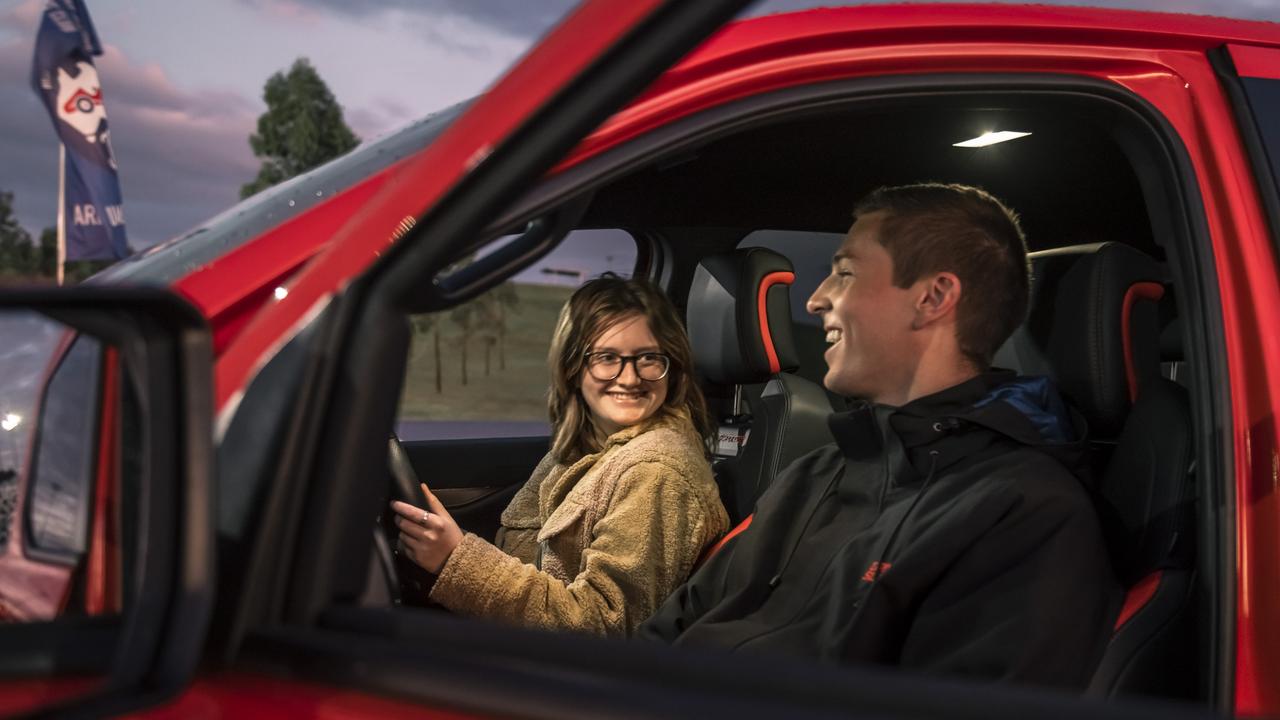
MORE: The drivers most likely to be bullied
Many people are taught to drive by family or friends before passing their test, getting their licence and giving the process little further thought. Folks might go twenty years or more between reading a copy of their local road rules, only returning to the subject when teaching their kids to drive.
A refresher every five years or so when renewing drivers’ licences makes plenty of sense, because road rules change, and vary between states.

Then there’s the question of driving skill.
Lots of people reckon they are great drivers, but how many were taught decades ago, by their parents, in an old bomb?
Have they experienced the way anti-lock brakes let you steer around a hazard in an emergency?
Or the way electronic stability control prevents cars spinning out of control?
Do they know the strengths and limitations of modern driver aids such as auto emergency braking?
Have they set their ego aside and paid a professional to critically assess their skill?
Perhaps they should consider an advanced driving lesson or two.
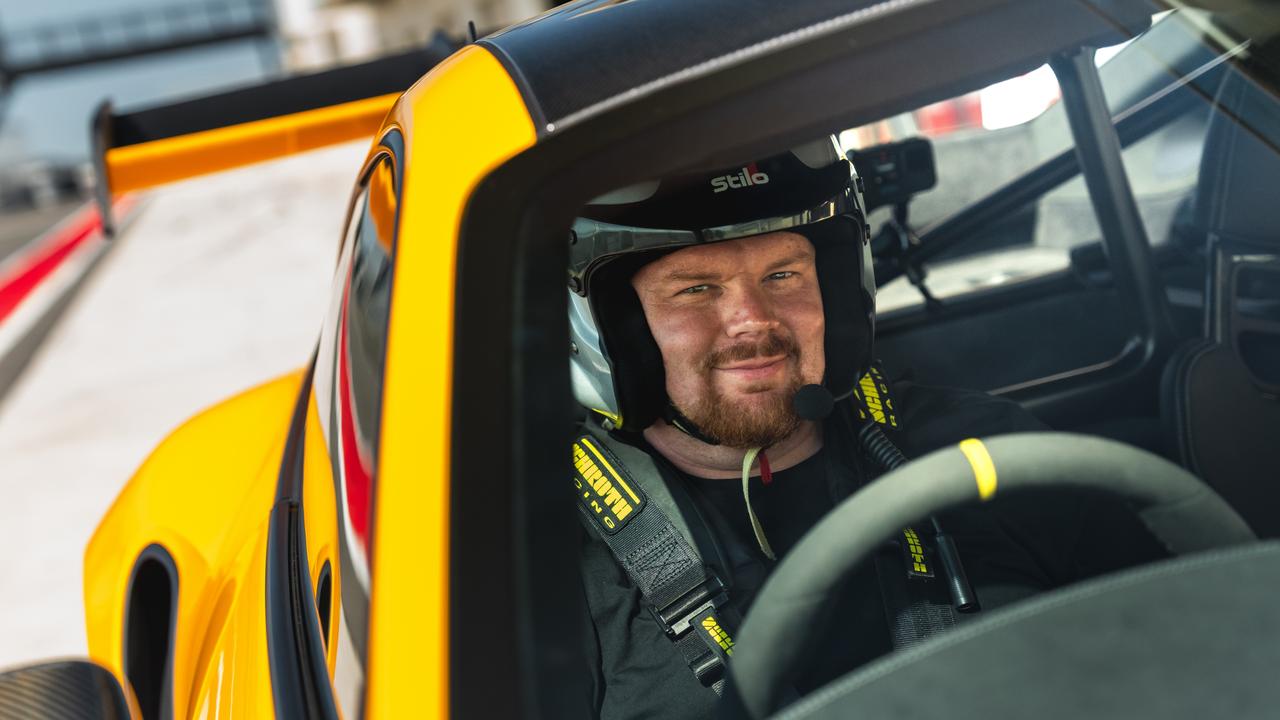
Access to driver training is one of the many privileges of working in the motoring press.
I’ve had countless days of coaching on road, track, and dirt to help me understand what makes cars tick.
Spending time with champion drivers is humbling.
Rather than over-inflating confidence, it shows exactly how far you are from being truly gifted behind the wheel.
Introspection with a side of expert guidance is a powerful cocktail.
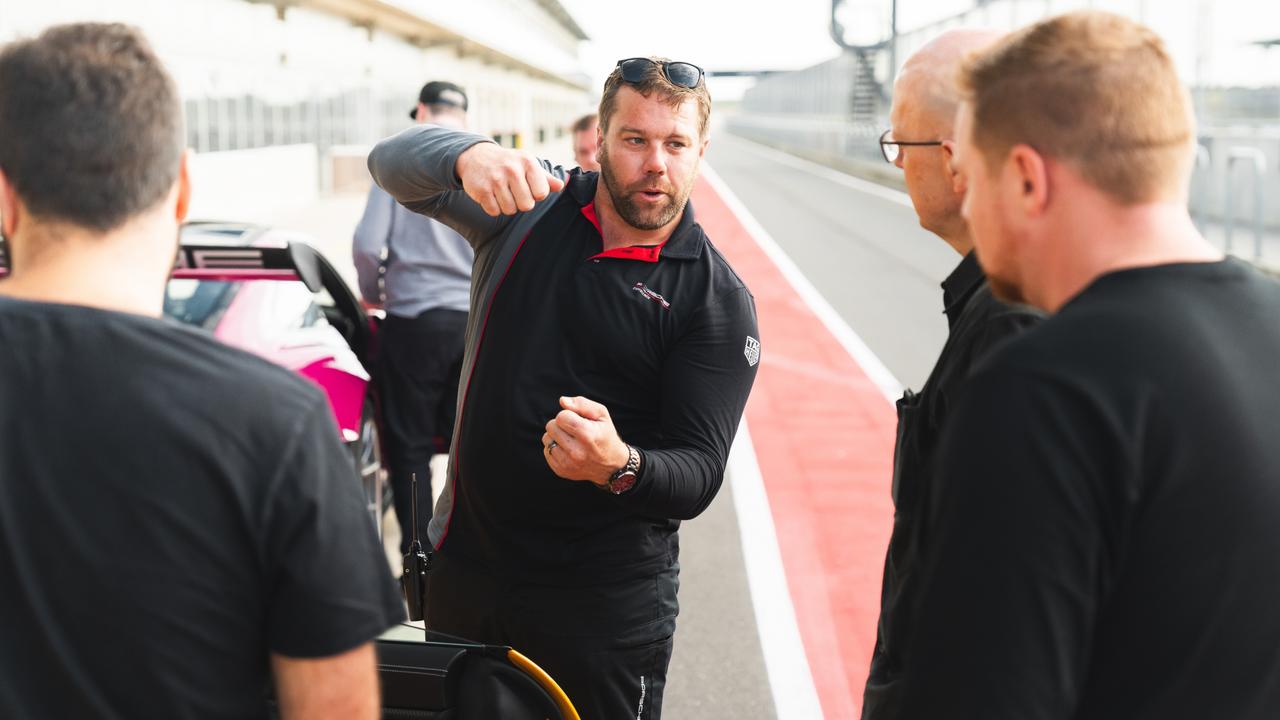
The more experience I have behind the wheel – track days, autobahns, ice driving, overlanding, towing – the more I recognise my own shortcomings and resolve to improve.
As Aristotle put it, the more you know, the more you realise you don’t know.
Learning to drive isn’t something we stop doing in our teens – it should be a mindset we continually apply to make ourselves better on the road.
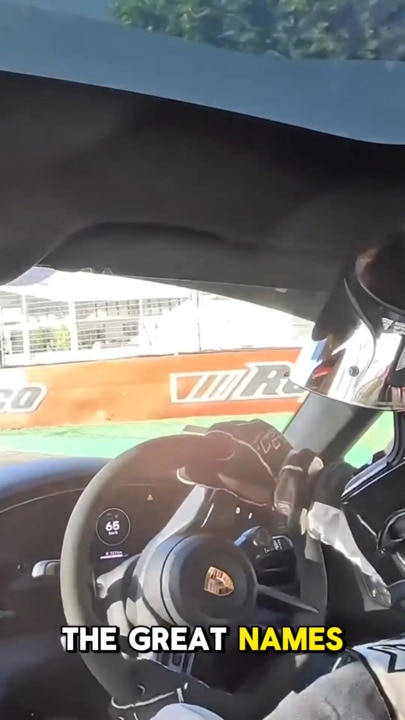
I’m not sure what that should look like – a basic re-familiarisation of road rules would be a good start.
Perhaps parents teaching their kids to drive should start by taking a lesson or two themselves to make sure they aren’t passing on bad habits.
But we shouldn’t discard the idea of retesting experienced drivers.
Especially drivers certain they are better than average.
Originally published as Comment: Aussie drivers aren’t as good as they think they are



